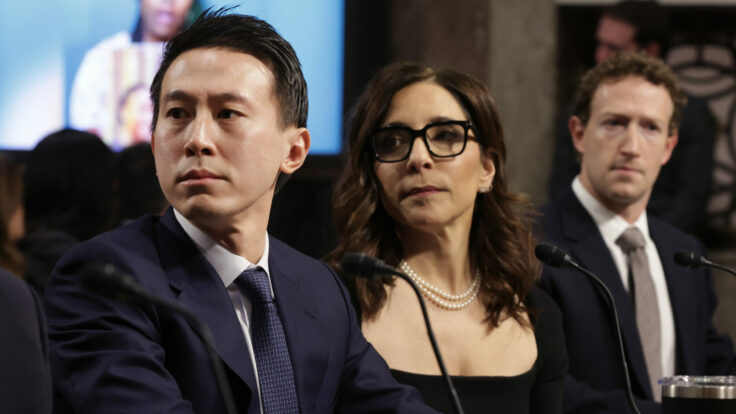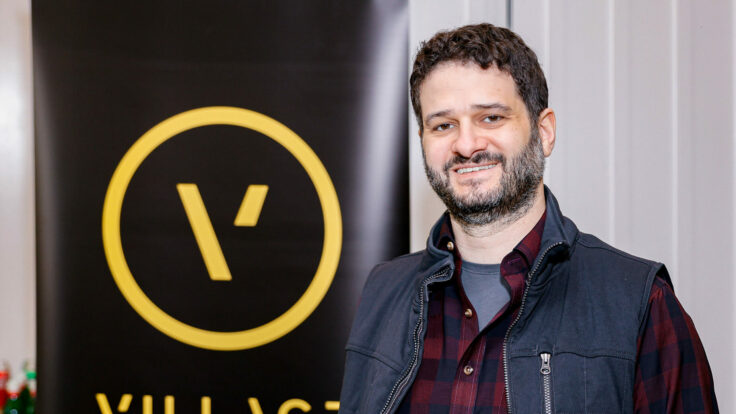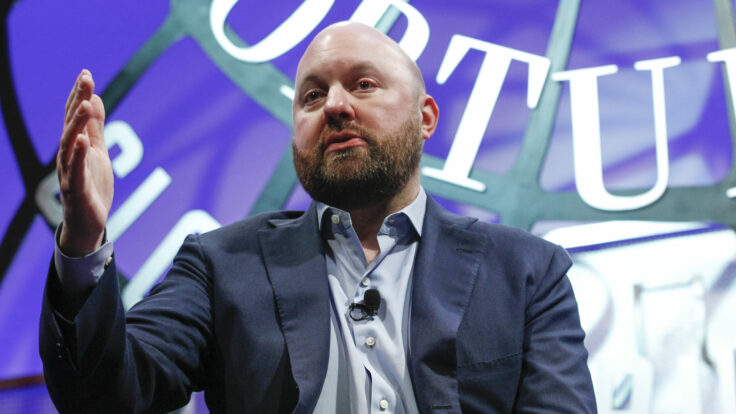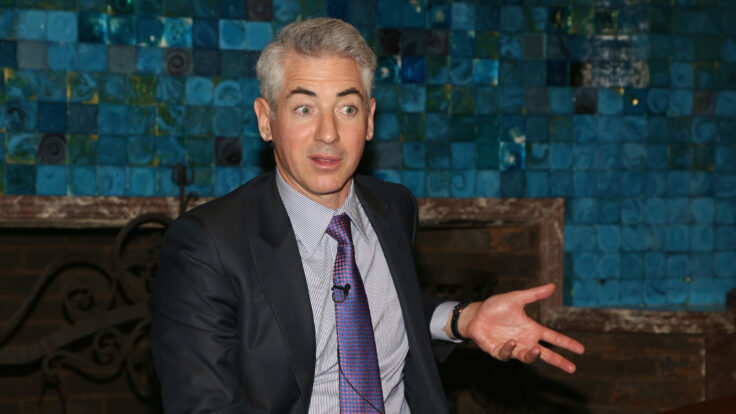The rapid advancement of artificial intelligence—the discovery of mind-bending use cases and launch of new businesses—has warped my sense of time. Suddenly, leaps in computing that previously took years seem to be unfolding in weeks. When I first wrote about ChatGPT, back in December, I described my excitement about how A.I. could potentially transform art and industry, but also my fears about mistakes and unintended consequences along the way. It was this same concern, after all, that led Sam Altman and Elon Musk, among others, to found OpenAI, the company behind ChatGPT and Dall-E, with a mandate to develop these tools in the safest possible way.
Since then, of course, OpenAI created a for-profit subsidiary (which operates in a decidedly less-than-open fashion), partnered with Microsoft, and began churning out new developments at a breakneck pace. The A.I. arms race is on. In just the last week, Microsoft announced the inclusion of large language models across its full Office suite in the form of an integrated A.I. system called Copilot. You can think of it like the old “Clippy” helper, but with total information awareness of your data in ways that would make an intelligence agency drool. I think the promotional video is important to watch. Just ignore the appeals about reconnecting people to “the soul of work” and focus on the new capabilities and new dependencies being introduced. The job I had for years as a strategy consultant won’t exist in that form again, and neither will many others as presentations build themselves, spreadsheets analyze themselves, and emails compose themselves.

















